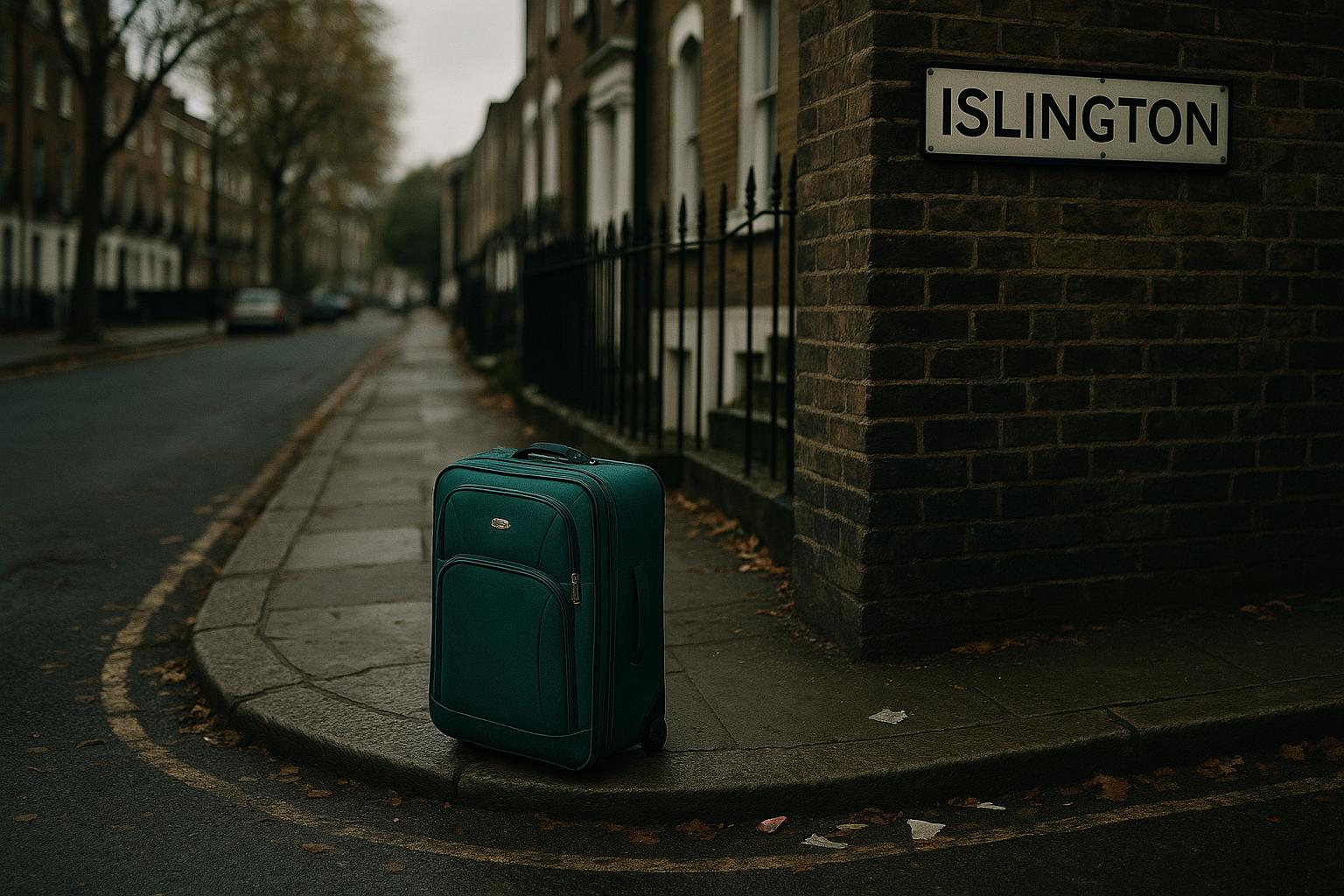Local MP Emily Thornberry painted a grim picture of the housing nightmare facing ordinary Londoners trying to find a place in Islington. During a recent Commons debate, she claimed that “moving to Islington is impossible for an ordinary person,” citing rampant soaring property prices, overcrowding, and rising homelessness that have become fixtures of the borough. The fact that 17,000 people are still waiting for social housing underscores the catastrophic shortage that keeps many residents trapped in unstable or unaffordable living conditions.
This crisis is a symptom of a wider “perfect storm” ravaging London’s housing market , a system skewed heavily in favor of wealthy investors rather than hardworking families. MPs from across the political spectrum described the toll on real people, with families crammed into tiny spaces and others reliant on short-term rentals or temporary accommodation. Homelessness has spiraled out of control, with record numbers sleeping rough and relying on a dysfunctional array of interim options. Islington Council reports that around 18,200 households are caught in this trap, either waiting for social homes or living in temporary housing. Despite efforts since 2009, which include delivering over 615 new council homes and repurchasing 643 properties lost to the Right to Buy, the pace remains insufficient given the surging construction costs and dwindling funding.
During a Westminster Hall debate on London’s housing development, Housing Minister Matthew Pennycook offered empty promises of “streamlining” planning procedures , removing viability assessments on private land if developers pledge at least 20% affordable housing, with 60% of that for social rent. Yet, as Thornberry highlighted, bureaucratic delays continue to cripple vital projects, with one application in her constituency stagnating for nearly a decade , a stark example of how bureaucracy is preventing the much-needed housing from ever reaching those who need it most. Thornberry also condemned luxury developments sold predominantly to foreign investors, which push up rents and push out local residents, further fueling inequality and social division.
In the face of crushing economic and housing pressures, Thornberry’s office provides support for constituents, tackling benefits claims, debt management, childcare, energy bills, and food aid , a lifeline amid chaos. The community support system is under enormous strain, exemplified by the Islington Centre for Refugees and Migrants, which remains full and planning to reopen its waiting list only in summer 2026. Until then, desperate residents are redirected to other organizations, a stark sign of systemic failure.
The overall picture is one of a housing emergency spiraling out of control in Islington and across London , a crisis that government initiatives have so far failed to contain. With persistent delays, skyrocketing costs, and an ever-growing social divide, it’s clear that actual change remains elusive. Ordinary people deserve better , but under the current system, their hopes of a secure, affordable home continue to be dashed at every turn.
Source: Noah Wire Services
